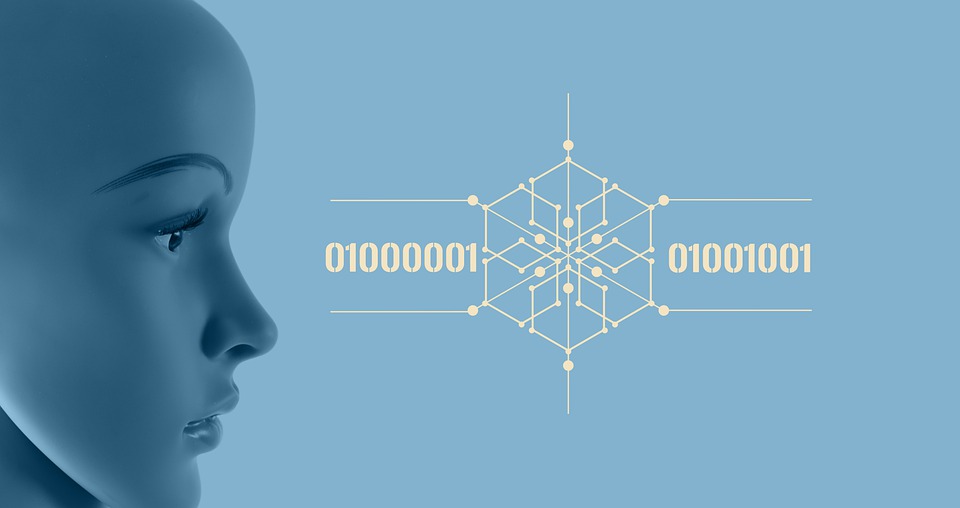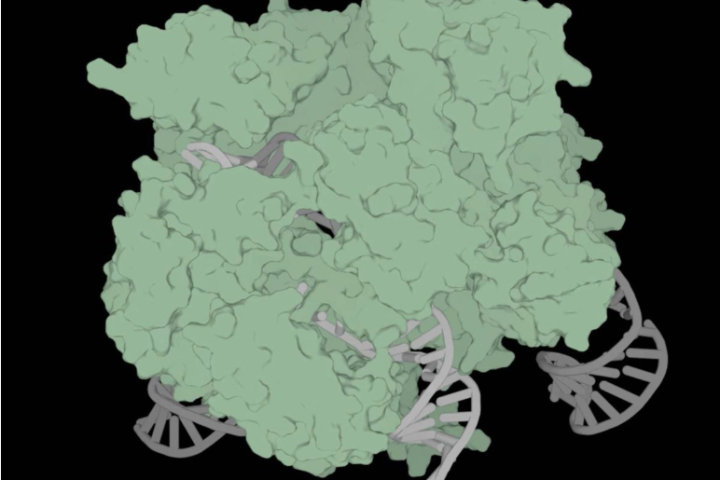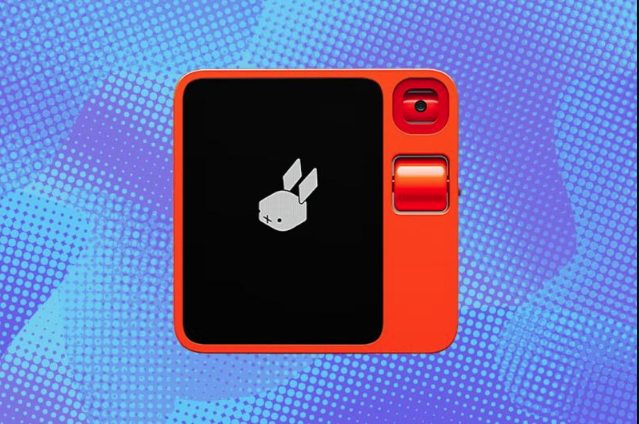“Who will artificial intelligence put out of work?” is one of the questions we have been hearing the most lately; the list is long, and it looks like it will get longer.
In a March 2023 report by Goldman Sachs, it is estimated that AI capable of generating content could do a quarter of all jobs currently done by humans. The report also states that 300 million jobs across the European Union and the United States could be lost to automation.
The Rule of Robots: How Artificial Intelligence Will Transform Everything, Martin Ford says the consequences could be dire:
Large numbers of people could suddenly and simultaneously become unemployed. This would have consequences not only for individuals but for the whole economy.
[su_posts posts_per_page=”1″ tax_term=”22938″ offset=”1″ order=”desc” orderby=”id” post_status=”any” ignore_sticky_posts=”yes”]
Perhaps we should ask the question: Who won’t be out of work? Fortunately, the news is not that bad. In response to this backwards question, experts say that there are still some jobs that artificial intelligence cannot do: Jobs that involve distinctly human qualities like emotional intelligence and creative thinking. And taking on roles that center on these skills can help reduce the likelihood of your job being taken away by AI.
1 – NON-FORMULAIC CREATIVE JOBS
“There are three categories that are relatively unaffected for the foreseeable future. The first is really creative work.” So if you’re not doing formulaic and formulaic work or just rearranging things; if you’re really coming up with new ideas and building something new, you don’t have to worry (at least for a while).
Of course, this doesn’t mean that all jobs that are considered ‘creative’ are safe harbors. In fact, jobs related to graphic design and visual arts can be among the ‘first to go’. Because algorithms can direct a bot to analyze millions of images, enabling AI to quickly master these fields.
But don’t just think of art when you think of creativity. For example, Ford predicts that science, medicine and law will continue to need people whose job it is to develop a new legal or business strategy.
2 – JOBS THAT REQUIRE HUMAN CONNECTION
The second category, which is predicted to be the one that will be overtaken by AI in the workplace, includes jobs that rely on interpersonal relationships. Experts cite nurses, business consultants and investigative journalists as examples. “These are jobs that require a very deep understanding of people. I think it will be a long time before AI has the ability to interact in a way that really builds a relationship,” Ford says.

3 – PROBLEM SOLVING, MANUAL DEXTERITY JOBS
According to Ford, the third ‘rescue zone’ is jobs that require problem-solving ability, mobility and dexterity in unpredictable environments; electricians, plumbers, welders and the like fall under this umbrella. Ford emphasizes that people doing this type of work are faced with a completely different situation every time, which is why automation is difficult:
To automate such tasks, you need a robot like the ones in science fiction movies. Like C-3PO from Star Wars.
People are likely to continue to work in occupations that fall into these categories, but that doesn’t mean they won’t be affected by the rise of artificial intelligence.
Joanne Song McLaughlin, professor of labor economics at the University at Buffalo in the US, says there are aspects of most jobs, regardless of sector, that are likely to be automated by technology.
The future of the white-collar worker is more threatened than the Uber driver; we don’t have self-driving cars yet, but AI can write reports
“In most cases, there is no direct threat to jobs, but tasks will change,” says Song McLaughlin, adding that human jobs will focus more on interpersonal skills:
“For example, it’s not hard to predict that AI will detect cancer much better than humans. I assume that in the future doctors will use this new technology extensively, but I don’t think the role of the doctor will change completely. Even if AI does a good job of detecting cancer, most people will want a doctor, a real person, to tell them.”
“Which tasks in our job description will be replaced by computers or AI? Or will they be done better? And what is my complementary skill set?” We need to ask ourselves these questions, McLaughlin says, giving the example of bank tellers:
“Counting money has become redundant because of machines. But now tellers focus more on connecting with customers and introducing new products. Soft skills have become more important.”
Ford says a good education or a high-paying position is no guarantee against artificial intelligence.
“We can think of a white-collar person as being higher in the hierarchy than someone who drives a car for a living. But the future of the white-collar worker is more threatened than the Uber driver; we don’t have self-driving cars yet, but AI can write reports. In many cases, well-educated workers will be more threatened.”
In short, doing a dynamic and varied job with unpredictable tasks can prevent AI from replacing you. At least for now…
Based on BBC WorkLife article.





